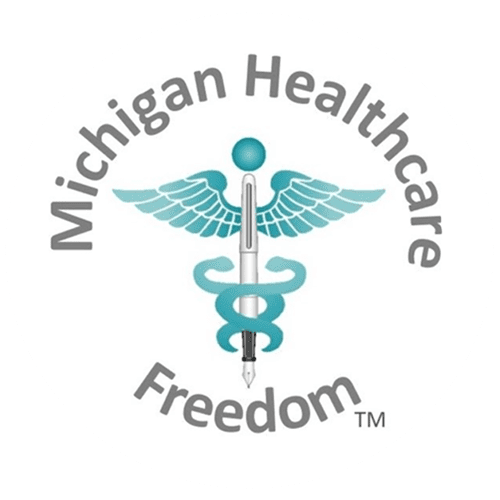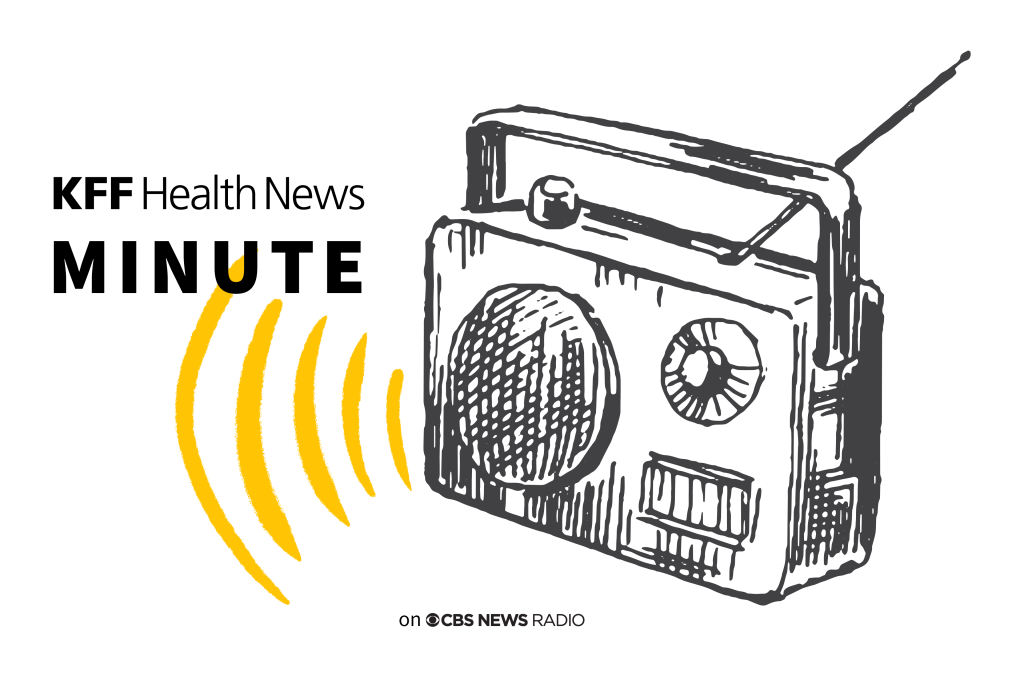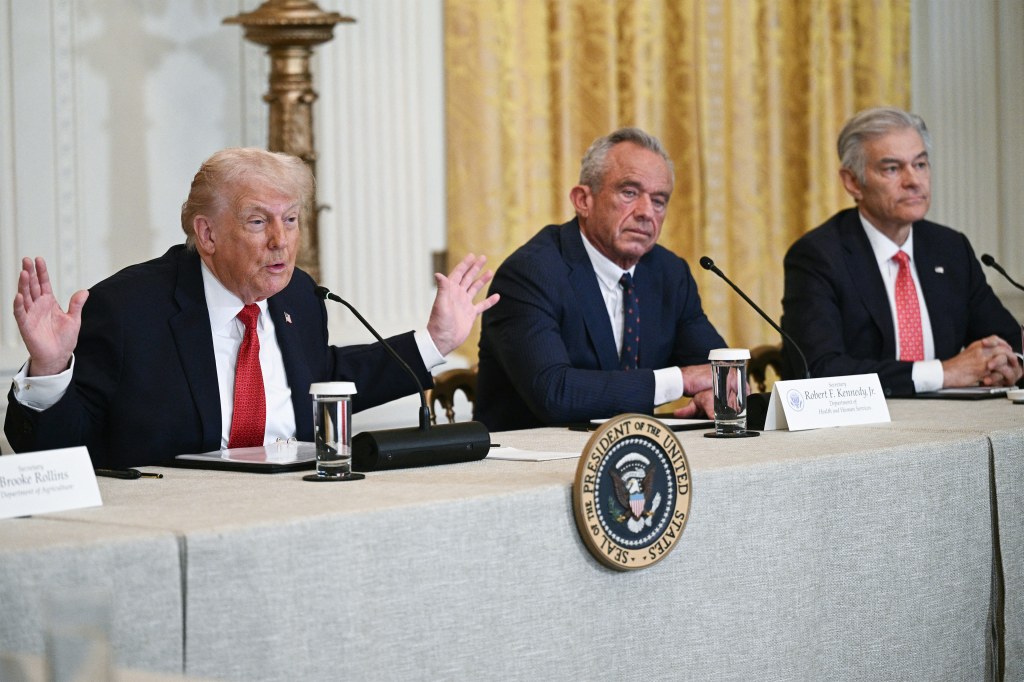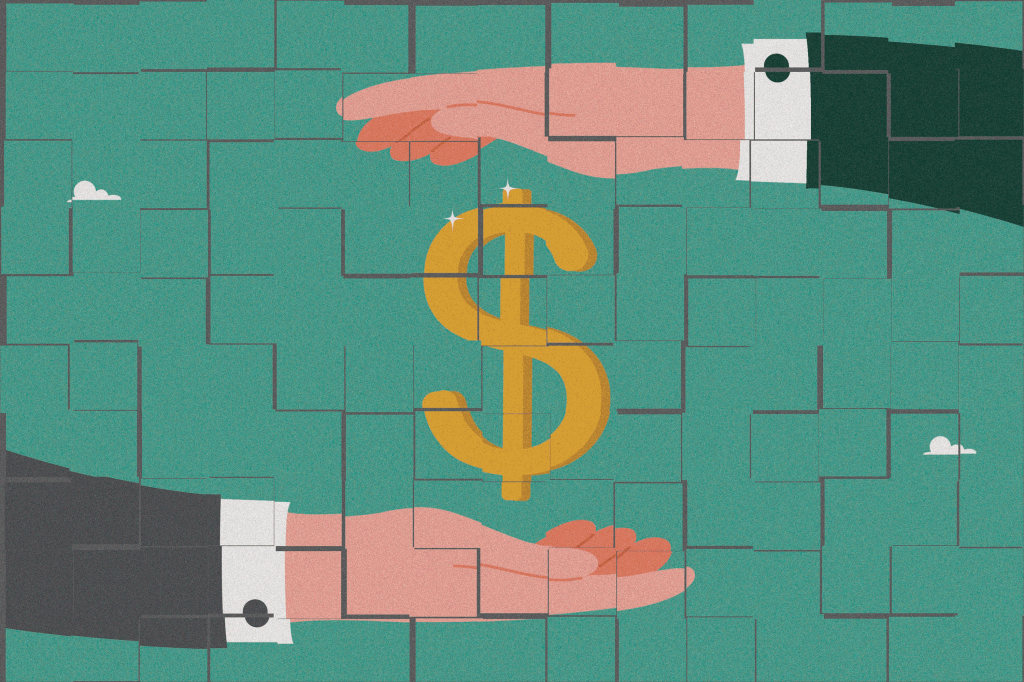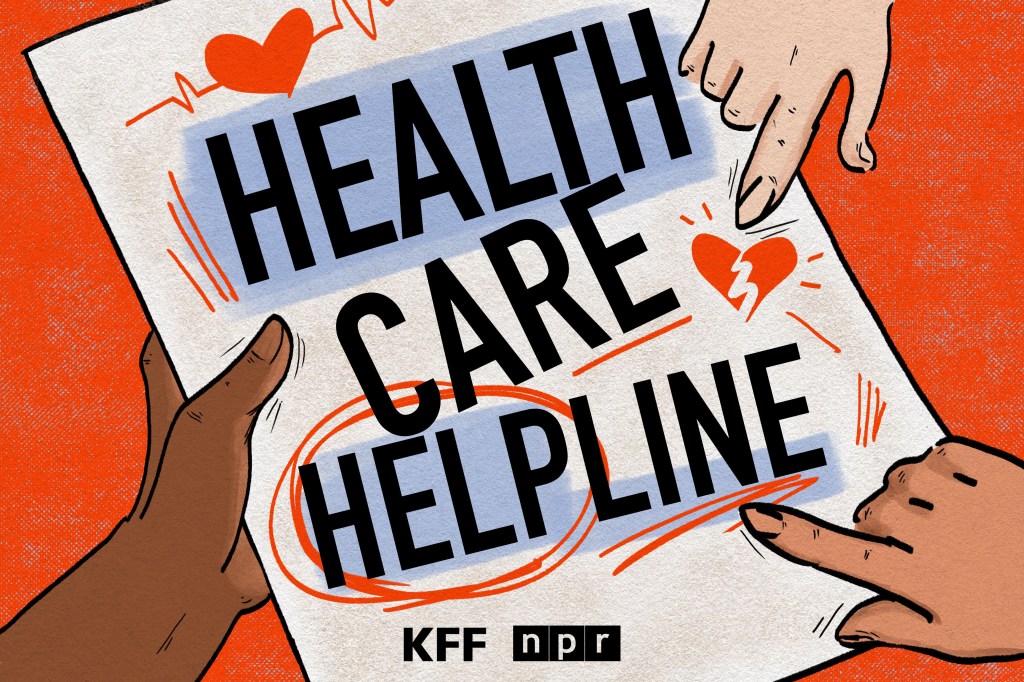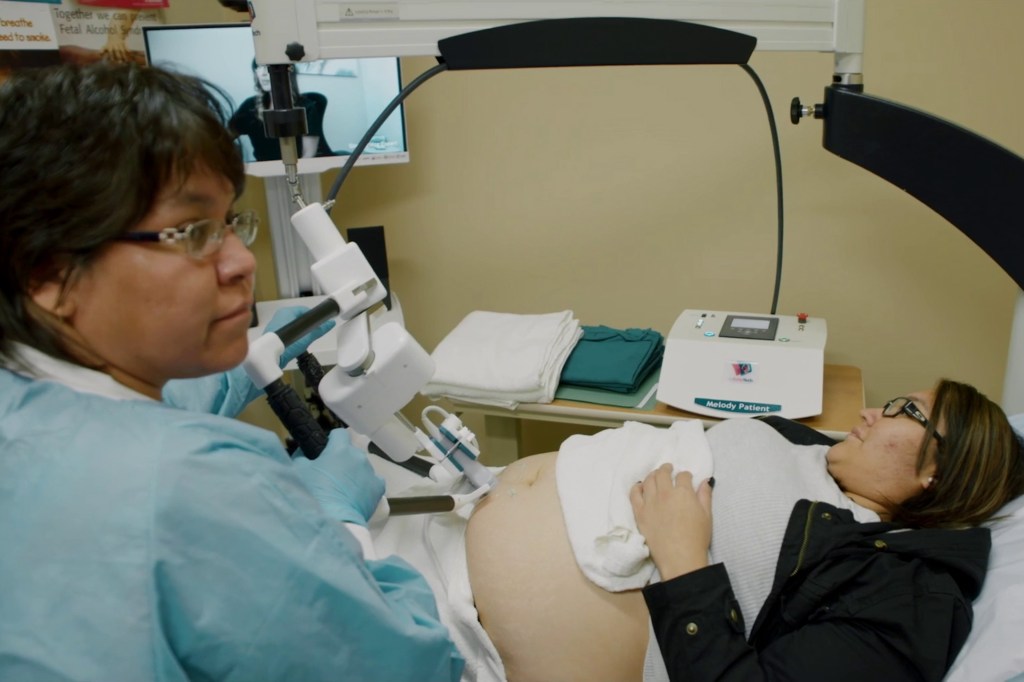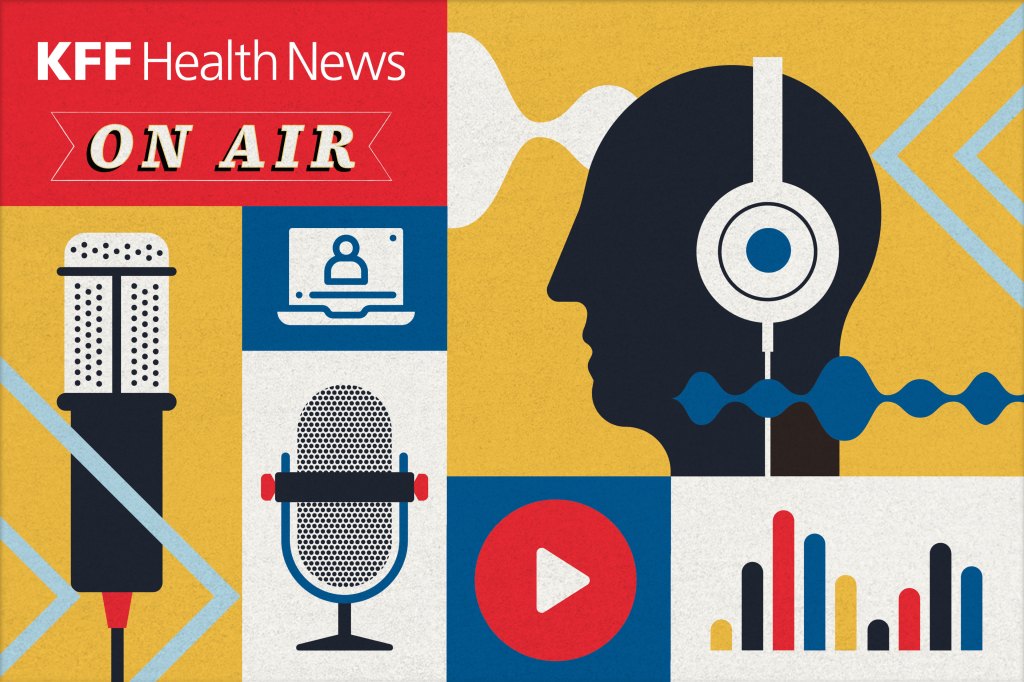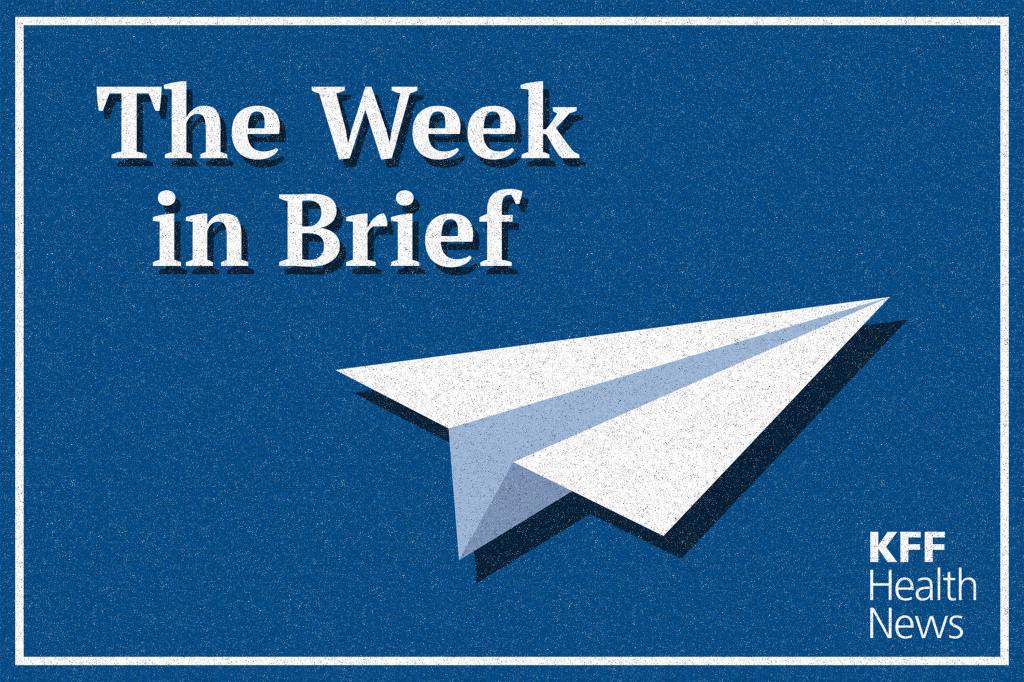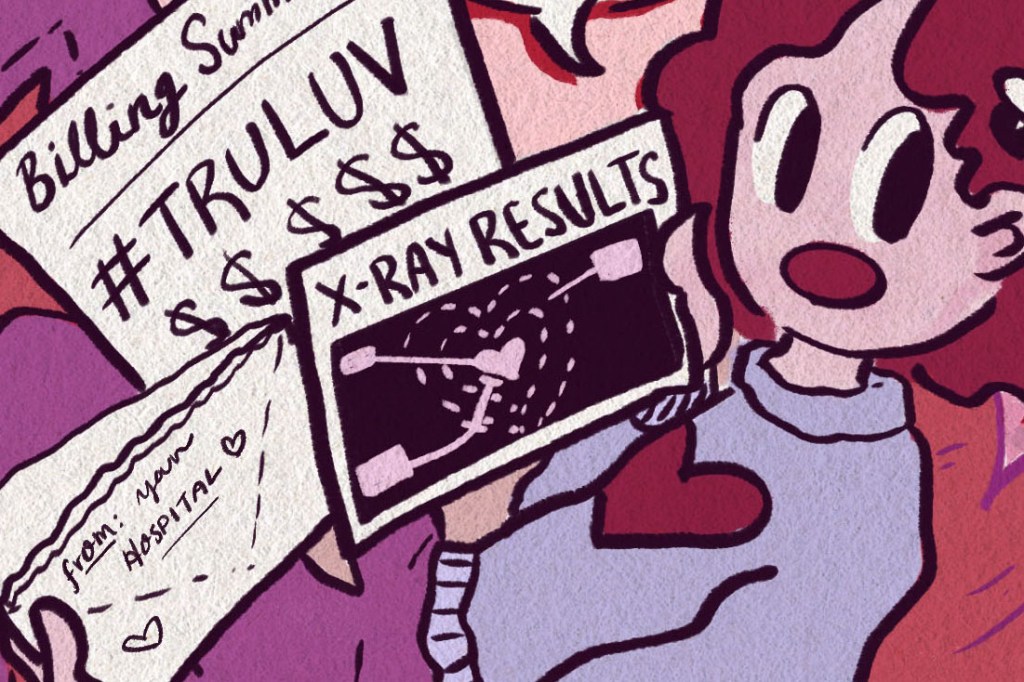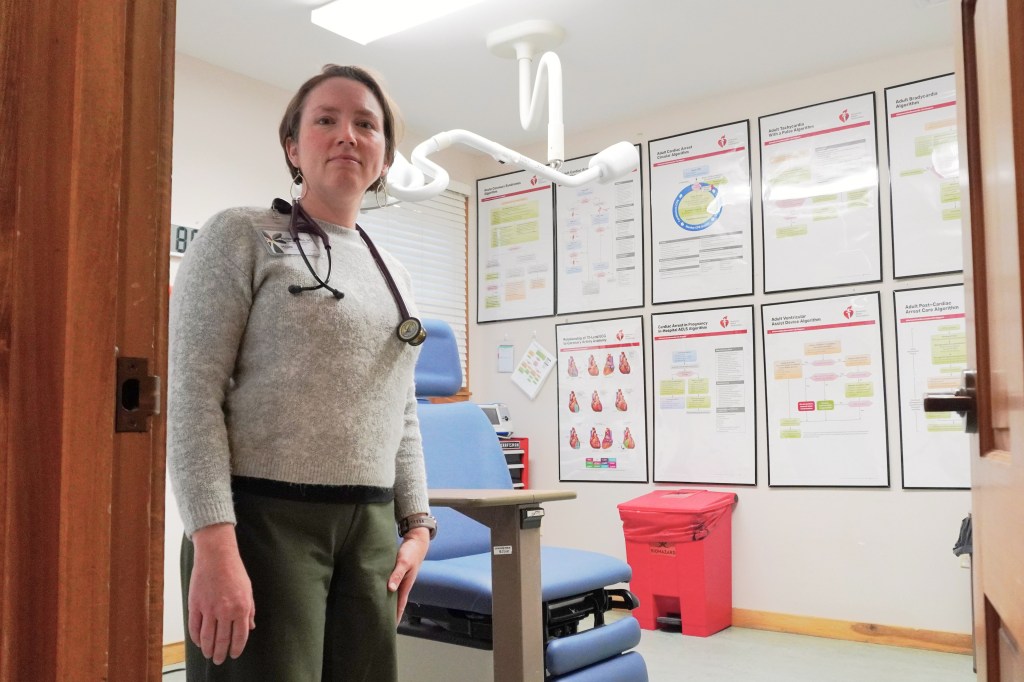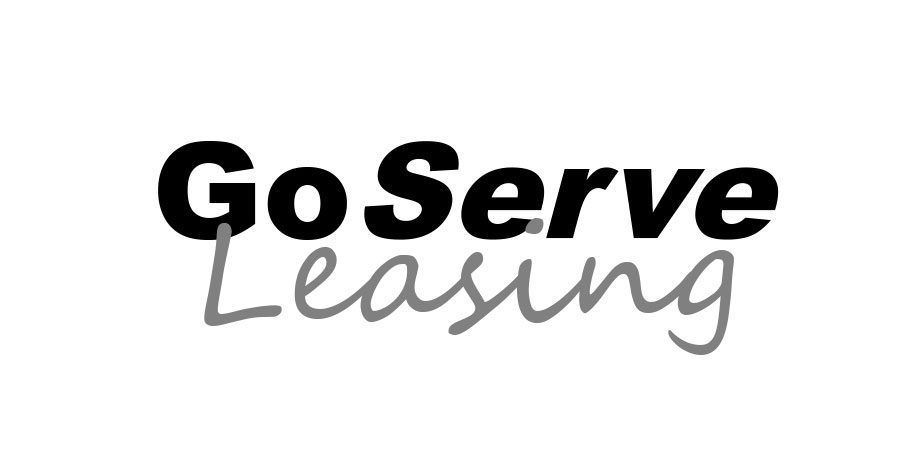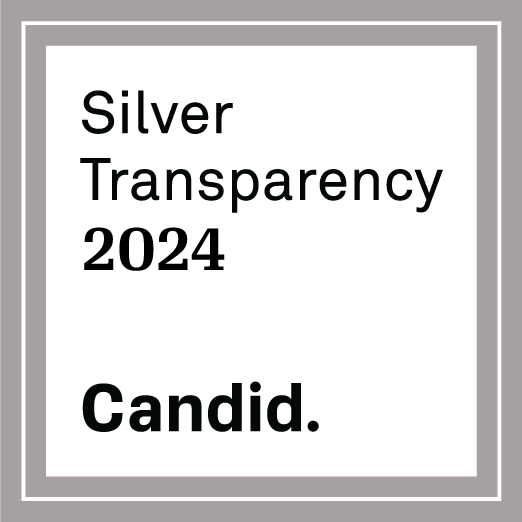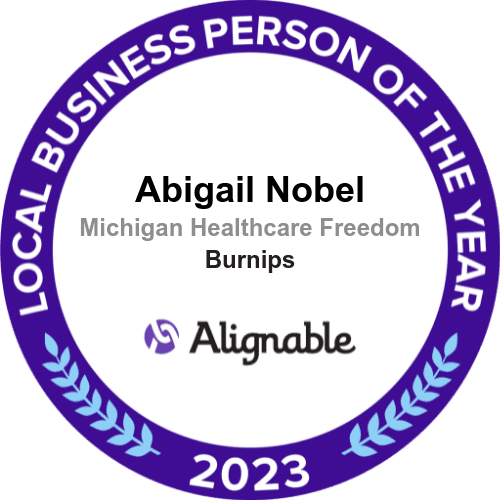- Colorado lawmakers advance dental payer transparency bill
- Massachusetts man found guilty of practicing unlicensed dentistry
- 4 health systems adopt AI contract intelligence platform
- Mississippi health system sets record with Epic go-live
- Beacon Kalamazoo nurses ratify 3-year contract
- CareQuest partners with AI company on medical-dental data integration
- Medical virtual visit volumes rival behavioral health: Study
- MetroHealth launches dyad leadership model for level 1 trauma center
- Michigan hospital CEO takes leave
- North Carolina mental health provider expands partnership with Charlotte Hornets
- Magellan Health to be acquired by investment group
- Dr. Kevin Kwaku named Association of Black Cardiologists president
- RWJBarnabas Health names SVP of support services
- Albany Med CEO leans into controllable growth
- What orthopedic practices need to stay competitive
- Cornell names health innovation chief, forms health tech committee
- Heart and Vascular Center of Arizona opens 3rd practice
- Pennsylvania hospital to close, transition to outpatient care
- Massachusetts system cuts 117 corporate jobs
- HCA subsidiary acquires cardiothoracic, vascular physician group
- The data that sealed this ASC’s robotics deal
- The best, worst cities for physicians to practice
- 10 stats to know on PA pay
- The emerging anesthesia disruptors
- Mass General Brigham posts -1.4% operating margin in Q1
- Safety-net CEOs confront rising labor costs — and hard decisions
- Clerri completes SOC audit
- New endoscopy ASCs, facilities popping up in 3 weeks
- New England College awarded federal grant for mental health degree program, facilities
- The team effort behind Moffitt’s operating margin growth
- ‘Psychiatry is so variable’: SSM Health navigates fixed-rate Medicaid payments
- CMS eyes reversal of dental essential health benefit policy: 5 notes
- U of Mississippi Medical Center opens ASC
- North Carolina woman charged with practicing unlicensed orthodontics
- Advocate Health invests in affordable housing initiative
- Couples Who Do This One Thing Feel More Satisfied And Secure Together
- 6 dentists making headlines
- 3 DSOs expanding in Ohio
- Top 20 CPT codes for GI clinics, ASCs
- South Carolina pediatric dentistry office suffers ransomware attack
- Ascension narrows operating loss to $139M halfway through its fiscal year
- UnitedHealth CEO privately invested in potential competitors: Wall Street Journal
- UnitedHealth Group was the most profitable payer in a difficult 2025 for the industry
- 20 DSOs launched in the last 5 years
- 14 health systems seeking revenue cycle vice presidents
- Stella Mental Health opens 2nd Massachusetts clinic
- NJ addiction treatment provider adds 22 residential beds
- Fitch downgrades Missouri hospital to ‘D’ rating
- FDA Expands Tater Tot Recall Tied to Possible Plastic Contamination
- Baby Food Recalled Nationwide Over Mold Toxin Concern
- A Florida College Has Reported More Than 40 Measles Cases
- Listen to the Latest ‘KFF Health News Minute’
- Jefferson posts $201M operating loss in H1
- Stada earmarks €85M to build out Middle East production hub in Saudi Arabia
- CommonSpirit's volume gains, efficiency initiatives fuel 'noticeable' quarterly performance bump
- Remarks at the Texas A&M School of Law Corporate Law Symposium
- Bayer strikes $7.25B Roundup settlement, favoring 'speed and containment' of thorny legal issue
- La respuesta del equipo de Trump a los aumentos de las primas de ACA: cobertura catastrófica
- ‘Hypertension Bites’: AZ-backed coalition launches ’90s-inspired awareness campaign
- Humana's CenterWell closes deal to buy primary care provider MaxHealth from Arsenal Capital Partners
- Ocular Therapeutix eyes FDA filing with ph. 3 wet AMD win over Eylea, but investors balk
- Clinics sour on CMS after agency scraps 10-year primary care program only months in
- Brain Implant Can Read Movement Of Parkinson's Patients, Opening Door To More Effective Treatment
- Vegetarian Upbringing Not More Likely To Stunt Toddlers' Growth, Study Finds
- Smartphone App Successfully Supports First-Time Moms
- Most Skip Physical Therapy Homework, Slowing Their Recovery
- Teen Sexting Has Surged In U.S.
- Abortion Restrictions Increase Deaths Among Expecting And New Moms, Researchers Report
- Lilly's rare cancer drug Retevmo looks to broaden reach with adjuvant trial win
- Trump Required Hospitals To Post Their Prices for Patients. Mostly It’s the Industry Using the Data.
- Listen: Why Do I Need Prior Authorization?
- Roche adds to Gazyva's growing autoimmune pedigree with new phase 3 kidney condition victory
- Sanofi bids adieu to specialty care chief, promotes Manuela Buxo to assume key post
- Novartis taps Niowave for long-term supply of radiopharmaceutical isotope
- Nuevas reglas de trabajo de Medicaid podrían impactar más fuerte en adultos de mediana edad
- Love Sweet Iced Coffee? Thailand Wants You To Drink It With Less Sugar
- Scientists Find Compound That May Speed Jet Lag Recovery
- El polémico plan de Alabama: usar robots para atención materna en zonas rurales
- Why Chemo Causes Unwanted Side Effects And How To Treat Them
- How to Nurture A Healthy Relationship 365 Days a Year
- Journalists Unpack Impact of ICE Arrests on Families and Caffeine’s Effect on Dementia Risk
- How telehealth is reshaping psychiatric care in rural West Virginia
- 10 behavioral health executive moves to know
- CommonSpirit posts break-even margin in Q2
- The post-discharge breakdown: Where hospitals lose addiction patients
- ACA Subsidies Expired. Open Enrollment Ended. But It Will Still Take Awhile To Register the Results.
- Top HHS Officials Out as White House Shores up Midterm Election Strategy
- Payers sign pledge to join CMMI ACCESS Model
- Federal judge vacates FTC's expanded premerger notification requirements
- States Sue To Block $600 Million Cut to Public Health Funds
- Trump Scuttles Key Climate Finding Used To Control Greenhouse Gases
- Thousands of NYC Nurses Return To Work, but One Major Strike Goes On
- Rush, McLeod Health and FMOL Health report revenue gains from Suki AI scribe
- Swap TV For Activity To Ward Off Depression, Study Suggests
- White-label telehealth provider, pharmacy sued over 'snake oil' compounded oral GLP-1
- Lilly's prelaunch inventory of oral GLP-1 candidate swells ahead of expected FDA obesity nod
- Op-ed: Experience-centered AI is the future of healthcare innovation
- Coming Attractions From the Division of Corporation Finance
- Trump administration restarts its efforts to pilot 340B rebates
- Trump administration restarts its efforts to pilot 340B rebates
- Kaiser Permanente, Department of Labor reach settlement over mental health access
- Astellas casts retina specialists as 'Partners in Protection' in Izervay HCP campaign
- Busy with Casgevy and Journavx launches, Vertex sets ambitious $500M revenue goal for non-CF meds this year
- Tween Screen Addiction Linked To Mental Health Problems, Substance Use
- Traveling To The Big City For Cancer Care? That Might Not Be Necessary For All Rural Patients, Study Says
- Food Choice Matters More Than 'Low-Carb' or 'Low-Fat' Labels
- Toxic Chemicals Found in Popular Hair Extensions
- Physical Inactivity Drives Diabetes Complications, Study Finds
- One Simple Step Can Reduce Risk Of Preeclampsia, Study Says
- With the FDA's Moderna decision, vaccine makers face increasingly uncertain regulatory environment
- Health Care Heartaches: Your Winning Health Policy Valentines
- Clinics Sour on CMS After Agency Scraps 10-Year Primary Care Program Only Months In
- Novartis to seek full FDA approval for IgAN drug Vanrafia despite missing ph. 3 kidney function goal
- PTC shuts down FDA approval bid for troubled Duchenne med Translarna
- Moderna R&D spend shrunk 31% in 2025 amid major pipeline reorg
- Wolters Kluwer Health pushes deeper into agentic AI to tackle medication workflows
- Bayer and celebrity chef keep diners in the dark to shed light on heart health
- Statement on Jury’s Verdict in Trial of Ismael Sanchez
- Your Cat’s Purr May Say More Than Its Meow, Study Finds
- Measles Cases Rise in North Carolina as Public Exposures Are Reported
- Why Bedroom Temperature Matters More for Sleep as We Age
- Child Poisonings Spur Oregon to Weigh New Limits for Cannabis Edibles
- How to conduct health equity work amid politicization, threats
- Claims for younger adults are on the rise: UnitedHealthcare, HAC study
- Fierce Pharma Asia—Lilly, Innovent go 'beyond traditional licensing'; China indicts AZ; Madrigal inks siRNA deal
- Standout healthcare sector gains backstop better-than-expected January jobs report
- Payer AI company Anterior banks $40M funding round
- Testimony Before the U.S. Senate Committee on Banking, Housing, and Urban Affairs
- Amid Wegovy pill's flying start in US, Novo CEO eyes Ireland expansion for supply overseas: Bloomberg
- COVID Vaccines During Pregnancy Not Linked To Autism
- Smartwatches May Soon Predict a Depression Relapse
- Most U.S. Baby Food Is Ultra-processed, Study Finds
- Tinnitus Harms 1 in 5 Careers, Survey Finds
- Mental Health Risk Doubled For Women Who Quit Antidepressants During Pregnancy
- FDA Declines to Review Moderna’s mRNA Flu Vaccine Application
- Alnylam turns profitable even as Amvuttra ATTR revenue disappoints in Q4
- Hospitals' operations wrap 2025 on solid footing, face payer mix, bad debt headwinds for 2026
- Supreme seasons creative agency portfolio with Broth buyout
- CSL's bleak earnings report helps explain why it made CEO switch
- Talkiatry closes $210M series D to expand telepsychiatry services
- Sanofi ousts Paul Hudson after 'bumpy ride,' enlists Merck KGaA CEO to lead the French pharma
- Remarks to the Los Angeles County Bar Association
- Maven, Color Health team up to offer oncofertility care for young adults
- Strong patient engagement drives better women's health outcomes, Tia data show
- AMA Launches Independent Vaccine Review After CDC Criticism
- Trump Pulls $600M in Public Health Funds From Four States
- Testimony Before the U.S. House Financial Services Committee
- Chips Ahoy! Baked Bites Brookie Recalled Over Possible Choking Risk
- FDA Reviews Safety of Food Preservative BHA Over Cancer Concerns
- Brief, Intense Exercise Beats Relaxation for Panic Relief

U.S. pharmaceuticals cost at least three times as much as the exact same drugs in other nations. Reuters published a plausible story this morning about the Trump Administration's plans to correct this, but it is based on only two, unnamed sources:
Trump looking at cutting US drug prices to international levels, sources say
By Patrick Wingrove - April 22, 2025Summary
* Government health officials told source they were exploring an international reference pricing policy
* U.S. pays nearly three times more than other developed countries for drugs
* The policy is more concerning to the pharmaceuticals industry than tariffs, sources sayApril 22 (Reuters) - Drugmakers have been warned that the Trump Administration is considering linking U.S. medicine prices to lower amounts paid by other developed countries, according to two company sources who called the option the pharmaceutical industry's top concern.
Both sources, who were not authorized to speak publicly, said they expected the policy to come from the agency that oversees Medicare and Medicaid health programs.
Keep up with the latest medical breakthroughs and healthcare trends with the Reuters Health Rounds newsletter. Sign up here.
The first source said he had been told directly by government health officials that they were exploring such a policy, which he described as a mid-level priority for the Trump Administration as it tries to lower drug prices.The two sources said any such policy was more concerning to the industry than other government moves under discussion, which include tariffs on imported medicines. The first source said it is the biggest "existential threat to the industry and U.S. biosciences innovation."
Industry trade group PhRMA earlier this year lobbied Congress on the issue, sometimes referred to as international reference pricing, according to government records.
The U.S. pays the most for drugs in the world, often nearly three times that of other developed nations. President Donald Trump has said he wants to close that spread, but has not publicly specified how. In his first term, Trump's proposed international reference pricing program was blocked by a court.
Trump's wide-ranging proposal five years ago was projected by his administration to save taxpayers more than $85 billion over seven years, cutting into U.S. annual spending of more than $400 billion on drugs.
"I don't think the administration fully understands the impact that policy could have on innovation in the U.S.," said the first source. It will "be disruptive for the entire healthcare market, not just pharmaceuticals."
He said he expected the Medicare agency to launch a pilot of the program, after health officials said they were looking to test some drug pricing proposals.
The White House, the U.S. Department of Health and Human Services, which oversees Medicare, and PhRMA did not respond to requests for comment.
FOCUS ON MEDICARE
Drug pricing and other pilots are typically run within the Centers for Medicare and Medicaid Services' innovation center, known as CMMI, and can extend for years to either Medicare, Medicaid or both.
Trump has not publicly raised the idea of reference pricing since taking office, but conservative think tank the America First Policy Institute has. In a widely circulated paper last month it said the policy could be implemented within Medicare's drug price negotiations.
Former President Joe Biden's Inflation Reduction Act allows the government to negotiate the price of its costliest drugs. The prices for the first 10 prescription drugs it negotiated were still on average more than double, and in some cases five times, what drugmakers had agreed to in four other high-income countries, Reuters previously reported.
Reference pricing was missing from Trump's healthcare executive order last week, but one analyst said by directing the government to obtain better value for medicines covered by Medicare, it may have opened the door to the policy.
The Trump administration would face an uphill battle in implementing even a limited proposal, experts said.
Anna Kaltenboeck, a health economist at Verdant Research, said the Centers for Medicare & Medicaid Services only has so many staff and implementing such a policy may require "a fair amount of manpower that (CMS) is going to struggle to muster."
The Trump administration's layoff plans for multiple government health agencies included around 300 staff from the Medicare agency of the 10,000 total targeted by Health Secretary Robert F. Kennedy Jr. Another 10,000 have left after taking buyout and early retirement options, HHS has said.
Trump’s government would also face challenges in trying to implement the policy more broadly, said Kaltenboeck.
There are thousands of approved drugs in the U.S., some of which are not covered by or have not been launched in different reference nations, said Rena Conti, an associate professor at Boston University.Those countries can sometimes take years to negotiate drug prices, she added.
A 2022 JAMA study of nearly 600 new medicines approved in either the U.S. or Germany found that 92% were available in the U.S., while 80% were available in Germany.
Some countries don't publish what they pay for drugs. Conti said the administration could estimate what they pay based on publicly available data, but without accounting for further discounts those governments negotiated.
Drugmakers could also respond by re-negotiating contracts with reference countries to increase prices, raising the bar for prices in the U.S. and generating higher revenue abroad, Conti suggested.
President Donald Trump plans to sign an executive order next week directing the Executive Branch to pursue “Most Favored Nation” pharmaceutical pricing within the Medicare program:
https://www.politico.com/news/2025/05/07/trump-sweeping-medicare-drug-price-plan-00334167
Trump to pitch sweeping Medicare drug price plan
Trump wanted to advance the ‘most favored nation’ policy in his first term but faced resistance from industry and the courts.By Jake Traylor and Adam Cancryn - May 7, 2025
President Donald Trump plans to revive an effort to dramatically slash drug costs by tying the amount the government pays for some medicines to lower prices abroad, three people familiar with the matter told POLITICO.
Trump early next week is expected to sign an executive order directing aides to pursue the initiative, called “most favored nation,” for a selection of drugs within the Medicare program. The idea would use the administration’s authorities to force prices down.
The proposal has not been finalized and could still change as aides work through the specifics, said the people involved in the plan, who were granted anonymity to describe internal deliberations. Trump has not yet personally approved the plan.
The president on Tuesday teased a “very big announcement” within the next week that one of the people familiar characterized as a reference to the drug pricing proposal. The other two did not know whether it was the big announcement but confirmed the drug price plan was likely to be announced in the next week.
“We’re going to have a very, very big announcement to make — like as big as it gets,” Trump said. “It will be one of the most important announcements that have been made in many years about a certain subject.”
Should Trump go ahead with the order, it would represent a major confrontation between the White House and the deep-pocketed pharmaceutical industry.
Trump announced plans for a similar initiative in 2018, but it failed to gain traction in the face of sharp resistance from the drug industry. He later tried to push the policy through in the final months of his first term. But a judge halted the effort after determining the administration failed to follow the proper processes for implementing it, and the incoming Biden administration opted to rescind the policy.
White House press secretary Karoline Leavitt on Wednesday was coy about the proposal.
“The President will make a big and historic announcement on Monday. Until then, everyone can keep guessing!” she said.
Within the West Wing, Trump has grown increasingly focused in recent weeks on lowering drug prices, urging aides to find policies capable of making a big dent in the cost of medicines, according to two of the people familiar with the matter.
Trump’s poll numbers have suffered in recent weeks since his tariff policies have begun to rattle markets and raise fears of widespread inflation and shortages of consumer goods.
White House officials initially pressed congressional Republicans to draft in their megabill a “most favored nation” provision tying the cost of medicines in Medicaid to the lower prices developed countries pay abroad.
But that bid ran into opposition across the GOP conference and is unlikely to be included in the legislation, said one of the people familiar with the matter.
The White House is instead now expected to try to advance the drug price proposal on its own, using existing authorities to impose its “most favored nation” model.
The effort, if finalized, would likely draw massive opposition from a drug industry that has warned the idea would decimate companies’ ability to develop new drugs. It could also trigger fresh legal challenges.
Trump’s order this go-around will look largely similar to his first, with even less specifics on which direct medicines are targeted, said one of the people familiar.
President Donald Trump will sign the executive order to cut prescription prices to the level paid by other high-income countries Monday morning. We will find out whether Big Pharma is as adept at lawfare as the Democrats:
Trump to sign executive order to cut prices of medicine to match other countries
By Michael Erman and Patrick Wingrove -May 11, 2025WASHINGTON, May 11 (Reuters) - U.S. President Donald Trump said on Sunday he would sign an executive order to cut prescription prices to the level paid by other high-income countries, an amount he put at 30% to 80% less.
In a post on Truth Social, Trump said he would sign the executive order on Monday morning to pursue what is known as "most favored nation" pricing or international reference pricing.
The U.S. pays the most in the world for many prescription drugs, often nearly triple that of other developed nations. Trump has said he wants to close that spread, but has not publicly specified how and did not provide details in his post.
"They will rise throughout the World in order to equalize and, for the first time in many years, bring FAIRNESS TO AMERICA!" he said.
"I will be instituting a MOST FAVORED NATION’S POLICY whereby the United States will pay the same price as the Nation that pays the lowest price anywhere in the World," Trump added.
Drugmakers have been expecting an order that would focus on the Medicare health insurance program, according to four drug industry lobbyists who said they had been briefed by the White House. Reuters previously reported such a policy was under consideration.
The drugmakers expect the order to apply to a universe of drugs beyond those currently subject to negotiation under former President Joe Biden's Inflation Reduction Act.
Because of that law, Medicare has negotiated prices for 10 drugs, with those prices due to be put in place next year. More medicines [another 10!] were set to be negotiated later this year.
"Government price setting in any form is bad for American patients," Alex Schriver, a spokesperson for the top U.S. drug company lobbying group, the Pharmaceutical Research and Manufacturers of America, said in a statement when asked about Trump's planned executive order.
This is not the first time President Trump has tried to tie drug prices to what other countries pay. During Trump's first term, a court blocked a proposed international reference pricing program.
That proposal five years ago was projected by his administration to save taxpayers more than $85 billion over seven years, cutting into U.S. annual spending of more than $400 billion on drugs.
Signed today:
DELIVERING MOST-FAVORED-NATION PRESCRIPTION DRUG
PRICING TO AMERICAN PATIENTSBy the authority vested in me as President by the Constitution and the laws of the United States of America, it is hereby ordered:
Section 1. Purpose. The United States has less than five percent of the world’s population and yet funds around three quarters of global pharmaceutical profits. This egregious imbalance is orchestrated through a purposeful scheme in which drug manufacturers deeply discount their products to access foreign markets, and subsidize that decrease through enormously high prices in the United States.
The United States has for too long turned its back on Americans, who unwittingly sponsor both drug manufacturers and other countries.
These entities today rely on price markups on American consumers, generous public subsidies for research and development primarily through the National Institutes of Health, and robust public financing of prescription drug consumption through Federal and State healthcare programs. Drug manufacturers, rather than seeking to equalize evident price discrimination, agree to other countries’ demands for low prices, and simultaneously fight against the ability for public and private payers in the United States to negotiate the best prices for patients. The inflated prices in the United States fuel global innovation while foreign health systems get a free ride.
This abuse of Americans’ generosity, who deserve low-cost pharmaceuticals on the same terms as other developed nations, must end.
Americans will no longer be forced to pay almost three times more for the exact same medicines, often made in the exact same factories.
As the largest purchaser of pharmaceuticals, Americans should get the best deal.
Sec. 2. Policy. Americans should not be forced to subsidize low-cost prescription drugs and biologics in other developed countries, and face overcharges for the same products in the United States. Americans must therefore have access to the most-favored-nation price for these products.
My Administration will take immediate steps to end global freeloading and, should drug manufacturers fail to offer American consumers the most-favored-nation lowest price, my Administration will take additional aggressive action.
Sec. 3. Addressing Foreign Nations Freeloading on American-Financed Innovation. The Secretary of Commerce and the United States Trade Representative shall take all necessary and appropriate action to ensure foreign countries are not engaged in any act, policy, or practice that may be unreasonable or discriminatory or that may impair United States national security and that has the effect of forcing American patients to pay for a disproportionate amount of global pharmaceutical research and development, including by suppressing the price of pharmaceutical products below fair market value in foreign countries.
Sec. 4. Enabling Direct-to-Consumer Sales to American Patients at the Most-Favored-Nation Price. To the extent consistent with law, the Secretary of Health and Human Services (Secretary) shall facilitate direct-to-consumer purchasing programs for pharmaceutical manufacturers that sell their products to American patients at the most-favored-nation price.
Sec. 5. Establishing Most-Favored-Nation Pricing.
(a) Within 30 days of the date of this order, the Secretary shall, in coordination with the Assistant to the President for Domestic Policy, the Administrator for the Centers for Medicare and Medicaid Services, and other relevant executive department and agency (agency) officials, communicate most-favored-nation price targets to pharmaceutical manufacturers to bring prices for American patients in line with comparably developed nations.
(b) If, following the action described in subsection (a) of this section, significant progress towards most-favored-nation pricing for American patients is not delivered, to the extent consistent with law:
(i) the Secretary shall propose a rulemaking plan to impose most-favored-nation pricing;
(ii) the Secretary shall consider certification to the Congress that importation under section 804(j) of the Federal Food, Drug, and Cosmetic Act (FDCA) will pose no additional risk to the public’s health and safety and result in a significant reduction in the cost of prescription drugs to the American consumer; and if the Secretary so certifies, then the Commissioner of Food and Drugs shall take action under section 804(j)(2)(B) of the FDCA to describe circumstances under which waivers will be consistently granted to import prescription drugs on a case-by-case basis from developed nations with low-cost prescription drugs;
(iii) following the report issued under section 13 of Executive Order 14273 of April 15, 2025 (Lowering Drug Prices by Once Again Putting Americans First), the Attorney General and the Chairman of the Federal Trade Commission shall, to the extent consistent with law, undertake enforcement action against any anti-competitive practices identified within such report, including through use of sections 1 and 2 of the Sherman Antitrust Act and section 5 of the Federal Trade Commission Act, as appropriate;
(iv) the Secretary of Commerce, and the heads of other relevant agencies as necessary, shall review and consider all necessary action regarding the export of pharmaceutical drugs or precursor material that may be fueling the global price discrimination;
(v) the Commissioner of Food and Drugs shall review and potentially modify or revoke approvals granted for drugs, for those drugs that maybe be unsafe, ineffective, or improperly marketed; and
(vi) the heads of agencies shall take all action available, in coordination with the Assistant to the President for Domestic Policy, to address global freeloading and price discrimination against American patients.Sec. 6. General Provisions.
(a) Nothing in this order shall be construed to impair or otherwise affect:
(i) the authority granted by law to an executive department or agency, or the head thereof; or
(ii.) the functions of the Director of the Office of Management and Budget relating to budgetary, administrative, or legislative proposals.(b) This order shall be implemented consistent with applicable law and subject to the availability of appropriations.
(c) This order is not intended to, and does not, create any right or benefit, substantive or procedural, enforceable at law or in equity by any party against the United States, its departments, agencies, or entities, its officers, employees, or agents, or any other person.
(d) The Department of Health and Human Services shall provide funding for publication of this order in the Federal Register.
DONALD J. TRUMP
THE WHITE HOUSE,
May 12, 2025.
HHS issued a press release 8 days after the Executive Order. More than two months later, Big Pharma is still dragging its heels.
Links to a fact sheet and Sec. Kennedy's op-ed are available at the HHS link.
https://www.hhs.gov/press-room/cms-mfn-lower-us-drug-prices.html
HHS, CMS Set Most-Favored-Nation Pricing Targets to End Global Freeloading on American Patients
Most-Favored-Nation policy builds on President Trump’s broader reforms to eliminate global freeloading and ensure every American has access to affordable, life-saving treatments.
Washington, DC—MAY 20, 2025— The U.S. Department of Health and Human Services announced today that it is taking immediate steps to implement President Trump’s Executive Order “Delivering Most-Favored-Nation Prescription Drug Pricing to American Patients,” a central component of the Administration's strategy to lower health care costs in the United States.
Under the leadership of President Donald J. Trump, HHS Secretary Robert F. Kennedy Jr., and CMS Administrator Dr. Mehmet Oz, the Department has identified specific targets pharmaceutical manufacturers are expected to meet to satisfy the requirements of the Executive Order. President Trump and Secretary Kennedy look forward to highlighting commitments in the coming weeks. These commitments will ensure Americans no longer pay more for medications than patients in other economically comparable countries, relieving the unfair burden placed on hard-working Americans.
“For too long, Americans have been forced to pay exorbitant prices for the same drugs that are sold overseas for far less,” said Secretary Kennedy. “That ends today. We expect pharmaceutical manufacturers to fulfill their commitment to lower prices for American patients, or we will take action to ensure they do.”
HHS expects each manufacturer to commit to aligning US pricing for all brand products across all markets that do not currently have generic or biosimilar competition with the lowest price of a set of economic peer countries. The MFN target price is the lowest price in an OECD country with a GDP per capita of at least 60 percent of the U.S. GDP per capita. These targets will drastically bring down U.S. drug prices, which are often three to five times higher than prices abroad, while preserving innovation by simply ensuring that Americans bear no greater burden than patients receiving the same drugs in other countries.
The Executive Order steers a course close to, but not quite into, price-setting. This is good news for free market actors, who struggle to survive in the land of big-lobby pharmaceutical manufacturing.
Even better, direct-to-consumer purchasing programs could restore the Medicare patient's economic voice. I'm eager to see how Sec. Kennedy facilitates this. Thus far, he's getting little help from Novartis.
Biopharma Dive reports from inside the industry.
https://www.biopharmadive.com/news/novartis-most-favored-nation-drug-price-trump-narasimhan/753297/
Novartis CEO says resolution on Trump plan to cut US drug prices will take time
Conversations with the Trump administration on its “most favored nation” policy have been productive but inconclusive, the CEO said Thursday.Ned Pagliarulo | July 17, 2025
Novartis is exploring options to meet the Trump administration’s goal of bringing U.S. drug prices down to match what European and other high-income countries pay, but doesn’t expect any policy resolution soon, CEO Vas Narasimhan said on an earnings call Thursday.
“Conversations with the administration, from the Novartis standpoint, have been productive, very open dialogue to find solutions,” Narasimhan told analysts.
Yet, “in terms of resolution, it’s very difficult to say,” the executive added later. “There are different approaches that HHS is thinking through,” he said, referring to the Department of Health and Human Services.
HHS is leading the U.S. government’s efforts to carry out an executive order President Donald Trump issued in May that seeks to link domestic pharmaceutical costs to foreign prices, which often appear substantially lower. Pharma companies argue that such sticker price comparisons are misleading, as rebates and discounts paid to insurer middlemen lower U.S. net costs by at times large margins.
The drug industry opposes this policy, known in shorthand as a “most favored nation” arrangement, but has been considering how it could work with the White House, which has vaguely threatened consequences for companies that don’t. The administration is also weighing drug import tariffs that Trump has said could be as high as 200%.
While the pricing and trade policies are separate, Novartis and some of its industry peers appear to be making a case to the Trump administration for how they could intersect.
“The goal is very much to see how we can have markets outside of the U.S., in the OECD, pay more for innovative medicines,” Narasimhan said Thursday, referring to the Organization for Economic Cooperation and Development. “I’d say there is strong desire within the administration to maintain U.S. leadership in biopharmaceutical innovation and not cede that leadership to China or any other market.”
“I think that’s very high on their mind to ensure they get the balance right,” he added.
The Trump administration’s menu of options for enforcing the “most favored nation” policy are limited. In a statement that followed the president’s order later in May, HHS said it “expects” companies will voluntarily work to align U.S. prices of certain branded medicines to the lowest price among a group of OECD countries.
Should drugmakers not comply, the president’s executive order has directed HHS Secretary Robert F. Kennedy Jr. to pursue a “rulemaking plan.” It’s not clear what form that could take, though.
Drugmakers could also challenge the order in court and argue Congressional action is needed for Medicare and Medicaid to set “most favored nation” prices. The president has little authority to dictate payment rates in commercial markets, meanwhile.
“Doing any of these things requires significant shifts in rulemaking,” Narasimhan said Thursday. “Some of the knock-on effects across the system are not at trivial to do overnight.”
“We might have the beginning of what we want to do in the coming quarters,” he continued. “But then actually implementing it and then rolling it out will certainly take time.”
One option drugmakers could pursue is establishing new ways for patients to access drugs at lower cash prices, outside of insurance. Eli Lilly and Novo Nordisk have experimented with doing this for their in-demand obesity medicines and, on Thursday, Pfizer and Bristol Myers Squibb announced a new program for patients to get the blood thinner Eliquis at a reduced cash price.
Asked by an analyst on Wednesday’s call about Lilly’s and Novo’s efforts, Narasimhan indicated Novartis is evaluating these channels, too.
“Depending on the product, you have gross-to-net [reductions] anywhere from 50% to 70%,” he said. “Giving those discounts direct to patients as opposed to the various intermediaries would be a very attractive option.”
“We’re in the very early days of evaluating,” Narasimhan added. “Overall in the sector there’s certainly an evaluation as well to see if there are any approaches we could work with HHS to come up with.”
President Donald Trump sent reminder letters to the 17 leading pharmaceutical manufacturers today:
Fact Sheet: President Donald J. Trump Announces Actions to Get Americans the Best Prices in the World for Prescription Drugs
The White House - July 31, 2025REDUCING DRUG PRICES FOR AMERICANS AND TAXPAYERS: Today, President Donald J. Trump sent letters to leading pharmaceutical manufacturers outlining the steps they must take to bring down the prices of prescription drugs in the United States to match the lowest price offered in other developed nations (known as the most-favored-nation, or MFN, price). The steps include:
* Calling on manufacturers to provide MFN prices to every single Medicaid patient.
* Requiring manufacturers to stipulate that they will not offer other developed nations better prices for new drugs than prices offered in the United States.
* Providing manufacturers with an avenue to cut out middlemen and sell medicines directly to patients, provided they do so at a price no higher than the best price available in developed nations.
* Using trade policy to support manufacturers in raising prices internationally provided that increased revenues abroad are reinvested directly into lowering prices for American patients and taxpayers.
The letters inform manufacturers that if they “refuse to step up,” the federal government “will deploy every tool in our arsenal to protect American families from continued abusive drug pricing practices.”
Letters were sent to AbbVie, Amgen, AstraZeneca, Boehringer Ingelheim, Bristol Myers Squibb, Eli Lilly, EMD Serono, Genentech, Gilead, GSK, Johnson & Johnson, Merck, Novartis, Novo Nordisk, Pfizer, Regeneron, and Sanofi.
ENDING GLOBAL FREELOADING ON AMERICAN PHARMACEUTICAL INNOVATION: President Trump is taking decisive action to rebalance a system that allows pharmaceutical manufacturers to offer low prices to other wealthy nations while charging Americans significantly higher prices.
* According to recent data, the prices Americans pay for brand-name drugs are more than three times the price other Organization for Economic Cooperation and Development nations pay, even after accounting for discounts manufacturers provide in the U.S.
* The United States has less than five percent of the world’s population, yet roughly 75% of global pharmaceutical profits come from American taxpayers.
* Drug manufacturers benefit from generous research subsidies and enormous healthcare spending by the U.S. Government. Instead of passing that benefit through to American consumers, drug manufacturers then discount their products abroad to gain access to foreign markets and subsidize those discounts through high prices charged in America. Americans are subsidizing drug-manufacturer profits and foreign health systems, both in development and once the drugs are sold.
ONCE AGAIN DELIVERING ON PROMISES TO PUT AMERICAN PATIENTS FIRST: Today’s letters are an important step in President Trump’s work to get Americans the best deal in the world on prescription drugs.
* On May 12, 2025, President Trump signed an Executive Order titled: “Delivering Most-Favored-Nation Prescription Drug Pricing to American Patients” directing the Administration to take numerous actions to bring American drug prices in line with those paid by similar nations.
* Following the Order, the Administration engaged pharmaceutical manufacturers in discussions to achieve MFN pricing in the United States. Today’s letters indicate that industry proposals have fallen short, and from this point forward, President Trump will only accept from drug manufacturers a commitment that provides American families immediate relief from vastly inflated drug prices and an end to the freeriding by European and other developed nations on American innovations.
* President Trump has been relentless in his effort to address the unfair and outrageous prices Americans pay for prescription drugs:
President Trump: “In case after case, our citizens pay massively higher prices than other nations pay for the same exact pill, from the same factory, effectively subsidizing socialism aboard [abroad] with skyrocketing prices at home. So we would spend tremendous amounts of money in order to provide inexpensive drugs to another country. And when I say the price is different, you can see some examples where the price is beyond anything — four times, five times different.”
Get MHF Insights
News and tips for your healthcare freedom.
We never spam you. One-step unsubscribe.
